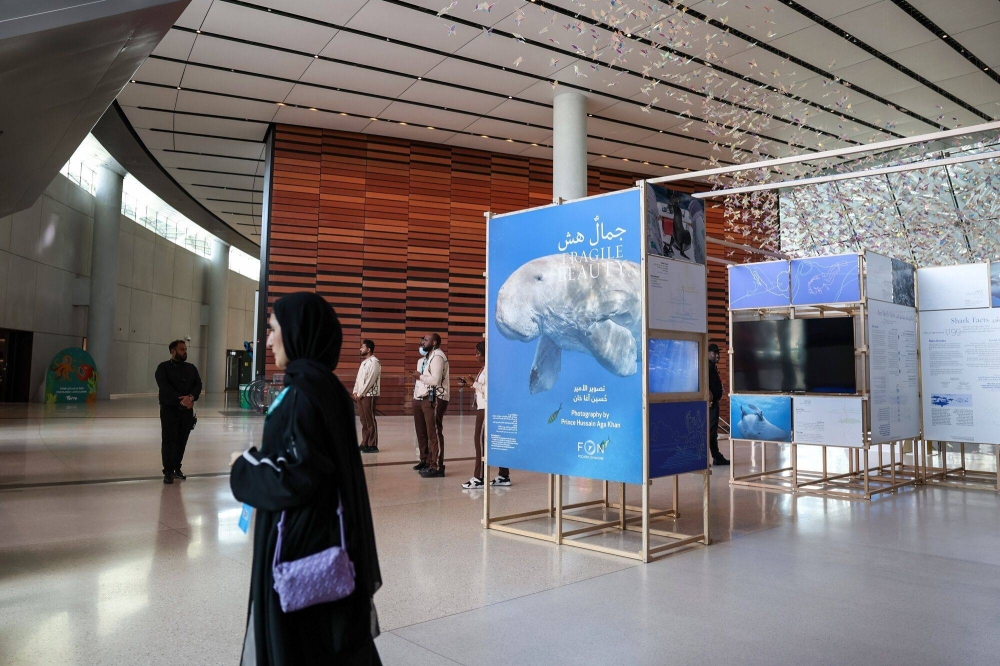The oceans are a common good shared by humanity. Their presence — a gift — connects us all culturally, economically and morally. Yet formal dialogue on marine environments is still far from the center of the global discussion on climate change.
COP28 was held in Dubai, United Arab Emirates, from Nov. 30 to Wednesday. At the meeting, the parties to the United Nations Framework Convention on Climate Change gathered, as they do every year, to assess countermeasures against the climate crisis. Their overarching goal is to limit global average temperature rise to 1.5 degrees Celsius by 2050 compared with preindustrial levels, a commitment enshrined in the Paris Agreement adopted at COP21 in 2015.
I was fortunate enough to be nominated as ocean adviser by Surangel Whipps Jr., the president of Palau, and to support the country’s delegation at COP28. Palau is a small island nation located in southwest Micronesia, in the Pacific Ocean, with a population of around 18,000 people. Together with other island nations, it is increasingly being impacted by the worsening effects of climate change — including more frequent intense storms, drought and sea level rise — threatening its very livelihood.

